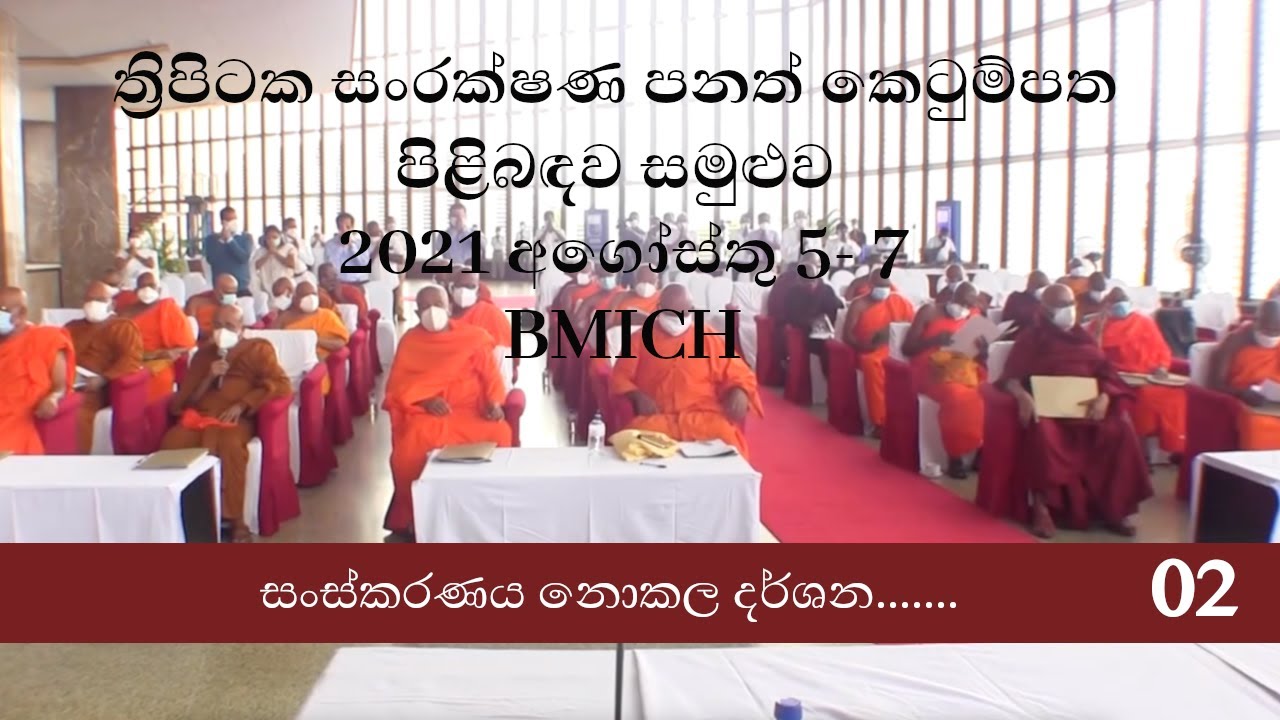Because they are not allowed to say it, this is vinaya
The us here is the Sangha or a mendicant not lay people
It’s part of sangha’s duty to protect the dhamma, it’s their interest
No he was expelled by the sangha if I am not mistaken.
I think Sri Lanka sangha is more liberal compared to myanmar or Thai sangha which still don’t allow nun ordination
Now we lay people take refuge not only on buddha bro but on dhamma and sangha
We need to understand that it’s sangha that preserve the dhamma through oral tradition for hundred of years before it’s written
Furthermore buddha said the best gift is one given not only to himself but to sangha
All stream entry venerate the sangha
Sn12.41
They have experiential confidence in the Saṅgha: ‘The Saṅgha of the Buddha’s disciples is practicing the way that’s good, direct, methodical, and proper. It consists of the four pairs, the eight individuals. This is the Saṅgha of the Buddha’s disciples that is worthy of offerings dedicated to the gods, worthy of hospitality, worthy of a religious donation, worthy of greeting with joined palms, and is the supreme field of merit for the world.’
Recollection of sangha is part of 6 recollections at that time their mind is not full of hate,greed and ignorance
An11.11
Furthermore, you should recollect the Saṅgha: ‘The Saṅgha of the Buddha’s disciples is practicing the way that’s good, direct, methodical, and proper. It consists of the four pairs, the eight individuals. This is the Saṅgha of the Buddha’s disciples that is worthy of offerings dedicated to the gods, worthy of hospitality, worthy of a religious donation, worthy of greeting with joined palms, and is the supreme field of merit for the world.’ When a noble disciple recollects the Saṅgha their mind is not full of greed, hate, and delusion. …
The buddha task the sangha to preserve the teaching see below
An5.155
These five things lead to the continuation, persistence, and enduring of the true teaching. What five?
It’s when the mendicants memorize the teaching,statements, songs, discussions, verses, inspired exclamations, legends, stories of past lives, amazing stories, and classifications. This is the first thing that leads to the continuation, persistence, and enduring of the true teaching.
Furthermore, the mendicants explain the teaching in detail to others as they learned and memorized it. This is the second thing …
Furthermore, the mendicants make others recite the teaching in detail as they learned and memorized it. This is the third thing …
Furthermore, the mendicants recite the teaching in detail as they learned and memorized it. This is the fourth thing …
Furthermore, the mendicants think about and consider the teaching in their hearts, examining it with their minds as they learned and memorized it. This is the fifth thing that leads to the continuation, persistence, and enduring of the true teaching.
These five things lead to the continuation, persistence, and enduring of the true teaching.”
While the teaching vanish due to badness of sangha not badness of lay people
An5.155
“Mendicants, these five things lead to the decline and disappearance of the true teaching.What five?
It’s when the mendicants don’t memorize the teaching,statements, songs, discussions, verses, inspired exclamations, legends, stories of past lives, amazing stories, and classifications. This is the first thing that leads to the decline and disappearance of the true teaching.
Furthermore, the mendicants don’t explain the teaching in detail to others as they learned and memorized it. This is the second thing …
Furthermore, the mendicants don’t make others recite the teaching in detail as they learned and memorized it. This is the third thing …
Furthermore, the mendicants don’t recite the teaching in detail as they learned and memorized it. This is the fourth thing …
Furthermore, the mendicants don’t think about and consider the teaching in their hearts, examining it with their minds as they learned and memorized it. This is the fifth thing that leads to the decline and disappearance of the true teaching.
These five things lead to the decline and disappearance of the true teaching.
So sangha has huge responsibility and also authority regarding preservation of dhamma


